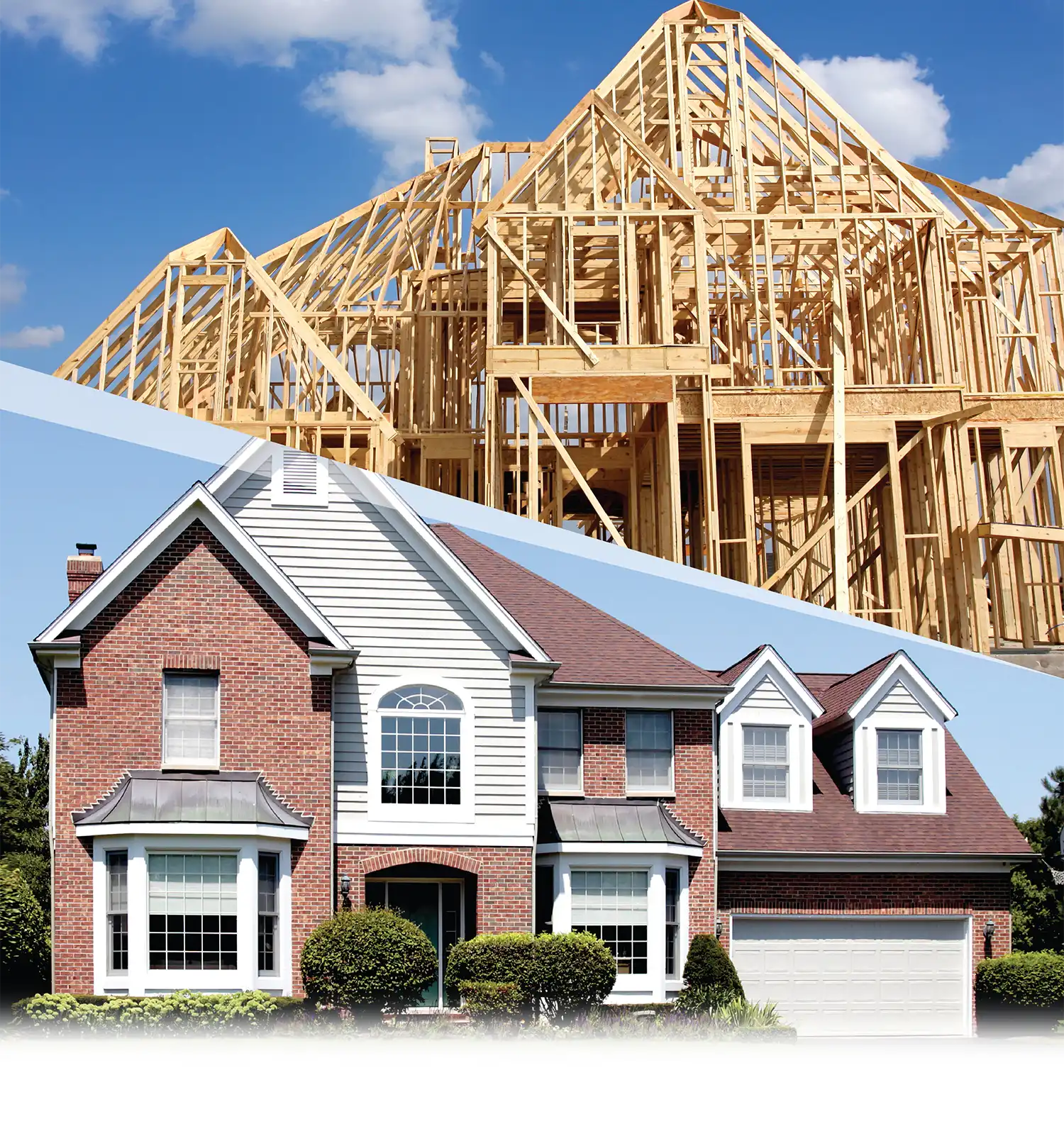Building a brand new home is an exciting journey that offers the chance to create a space tailored to your personal style and requirements. However, visit this page can also be a overwhelming process filled with decisions and obstacles. Whether you are a novice builder or have previous experience, understanding the essential steps and considerations is crucial to ensuring a successful outcome.
From picking the right floor plan to handling the financing options, there are many elements to consider along the way. This manual aims to provide you with ten essential tips that will help you navigate the home building process with confidence. With thoughtful planning and well-considered decision-making, you can convert your dream of a new home into a reality, making it a fulfilling and pleasurable experience.
Planning Your Residential Construction
Planning your home build is a crucial first step that sets the foundation for a successful construction project. Start by clarifying your goals and aims. Consider factors such as your family’s needs, living style, and future aspirations. Do you envision a generous open-concept layout for entertaining or a more classic layout with defined rooms? Having a well-defined vision will help guide your decisions throughout the building process.
Next, it is essential to establish a realistic budget. Determine how much you can invest and explore financing options for your new home construction. Be mindful of both expected expenses and possible hidden costs that may occur during the homebuilding process. Creating a detailed budget will allow you to allocate funds appropriately for critical areas, materials, and any additional features you wish to include in your home.
Finally, assembling a reliable team is vital. Research and interview several home builders to find one whose style and expertise coincide with your vision. Additionally, consider hiring professionals such as architects and interior designers early in the planning phase. Their insights can enhance your design and help avoid costly mistakes later. Establishing clear communication and trust with your team will simplify the entire process and contribute to a successful home build.
Supplies and Building Options
Choosing the correct materials for your modern home is vital as it impacts both the resilience and visual appeal of your property. Popular choices include conventional materials like brick and timber, as well as contemporary choices such as plaster. Each material has its own range of advantages and drawbacks; for instance, brick is famous for its longevity and excellent insulation properties, while wood provides warmth and versatility in style. It's crucial to take into account the weather, accessibility in the area, and personal style when choosing resources.
In furthermore to the outside, indoor resources have a major role in the overall appeal and usability of your dwelling. Floor coverings options range from hardwood and tile to laminate and carpet, each providing unique qualities. When choosing flooring, think about aspects like endurance, care, and how each resource suits your lifestyle. Green materials, such as nature-friendly wood and recycled tiles, are also increasingly trends, making them important to evaluate for sustainability-focused builders.

Ultimately, comprehending the construction choices available will assist facilitate the assembly process. Options such as classic frame construction, modular construction, and prefabricated elements can affect the schedule and budget of your home build. Working together with your contractor and architect to understand the implications of each technique ensures that you are taking well-informed decisions that align with your vision for the home.
Financing The New Home
When it comes to financing the new home, understanding the different loan options available is essential. Traditional mortgages, construction loans, and government-backed loans like FHA or VA can offer different benefits based on the specific situation. Construction loans are often short-term and designed to cover the cost of building, converting to a permanent mortgage once construction is complete. It's important to compare interest rates and terms to find the most suitable option for the financial situation.
Budgeting for the new home build involves more than just the purchase price. You should factor in additional costs such as site preparation, permits, and unexpected expenses that may arise. A well-structured budget allows you to allocate your funds efficiently, identifying areas where you might save and where it's valuable splurging. Keep in mind that hidden costs like utility connections and landscaping can accumulate, so thorough planning is key to staying within the budget.
Qualifying for a construction loan demands careful preparation. Lenders will assess your credit score, income, and the builder's credentials. Providing a detailed construction plan and a realistic timeline can greatly enhance your chances of approval. It's also wise to consult with a financial advisor to navigate the qualification process and ensure that you are making informed choices. By understanding how to finance the new home build, you set the stage for a smoother construction journey and a successful outcome.
